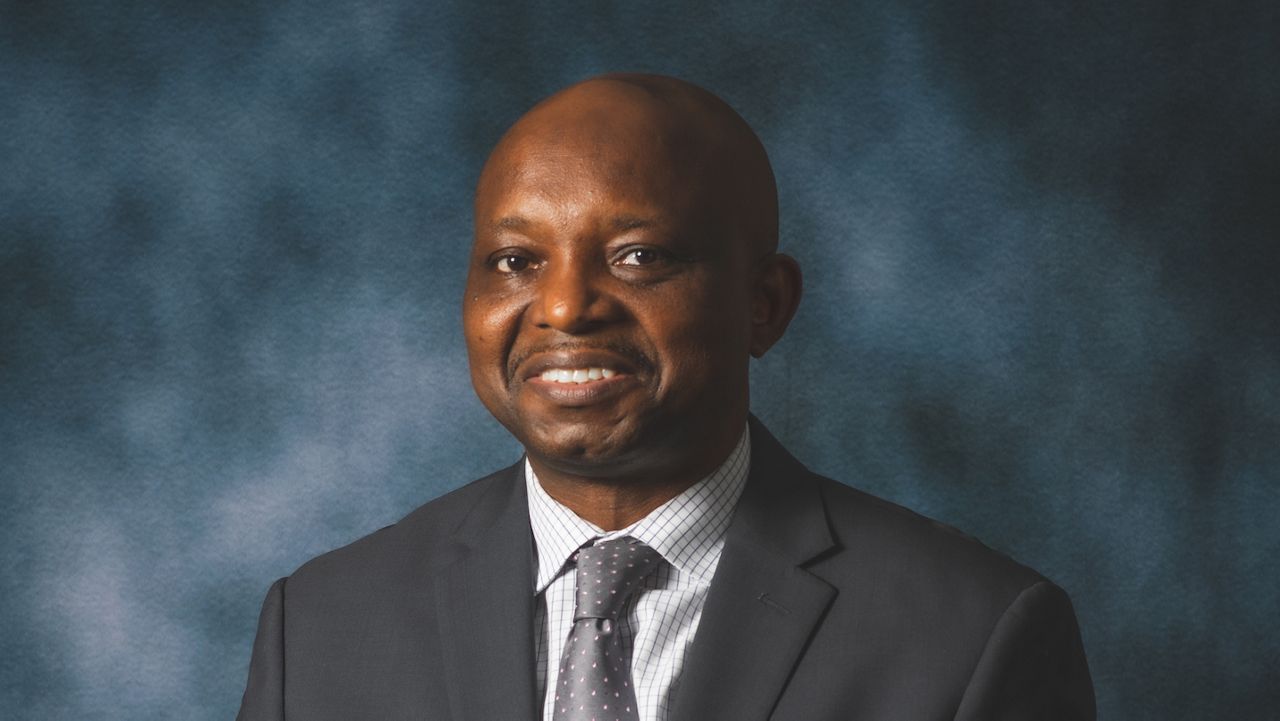BUFFALO, N.Y. — Local leaders are trying to confront the mistrust communities of color have with the COVID-19 vaccine. They’re hoping their experiences encourage others to sign up to get vaccinated.
"An ounce of prevention outweighs a ton of regret,” says Bishop Perry Davis, the founder of the Stop the Violence Foundation.
The Stop Violence Coalition and Stop the Violence Foundation are teaming up to get the word out to communities of color about the importance of getting the COVID-19 vaccine.
"Black and brown people and Hispanics have been dying at an alarming rate, especially when it comes to this coronavirus here, and I believe that the vaccine will definitely help. Bottom line: it could save your life," Davis said.
Bishop Davis and Stop the Violence Coalition Executive Director Murray Holman both received first doses of the vaccine. Meanwhile Leroy Bills, the director of the Stop the Violence Foundation, has been fully vaccinated.
"I had no symptoms, no repercussions behind it whatsoever,” Davis said.
"Took the shot, sat down for 15 minutes, came out, no side effects," Holman said.
"No effects from the vaccine whatsoever except a little bit of a sore arm," Bills said.
The three of them are sharing their experience with the vaccine to ease concerns those in minority communities have about getting the shots.
"I've heard people say, ‘I can't wait to get it.’ I've heard people say, ‘well, I'm going to get it but I'm going to wait and see how everybody else does from it.’ I've heard people say, ‘I'm not going to get it.’ There's just no reason not to get it, none," Bills said.
Dr. Timothy Murphy, the director of UB's Community Health Equity Research Institute, understands the hesitancy communities of color may have toward getting vaccinated.
"African Americans especially have an understandable mistrust because of historical abuses like the Tuskegee study — that was a government run study, it's the best known of those abuses, and there were many other abuses, and the abuses in some way continue today if we look at how the American health care system treats people of color. It's not the same," Dr. Murphy said.
Dr. Murphy says these barriers can be broken down by having more healthcare providers of color and making sure information is disseminated via trusted voices and reliable sources. He adds that there is strong data showing the vaccines are safe and effective.
"These vaccines, particularly the Pfizer, the Moderna, and the Johnson & Johnson, made a significant effort and included 35% to 40% people of color, underrepresented minorities in the vaccine trials. So I think that can bring an element of confidence that these vaccines were studied in the broad community," he said.
“Get your shot, it’s important, don’t let anybody tell you nothing else. You believe in God, get your shot," Holman said.










